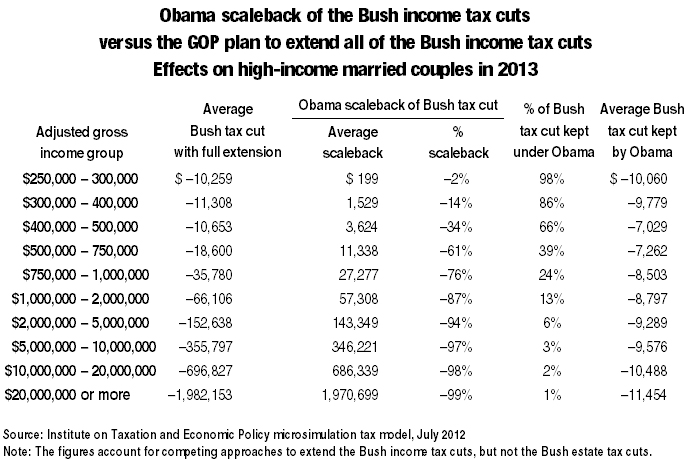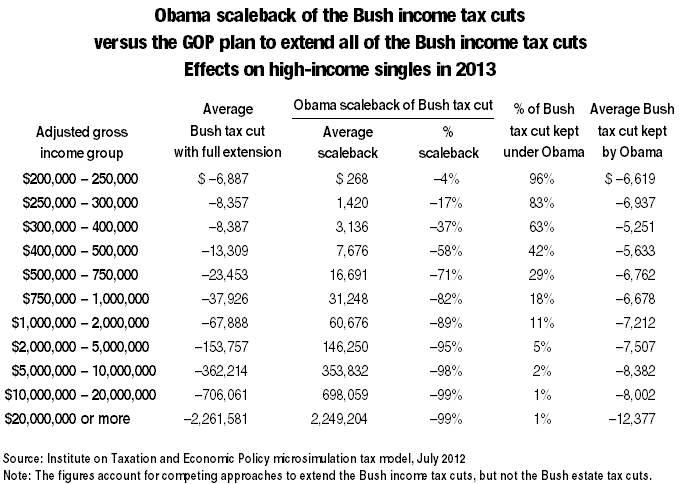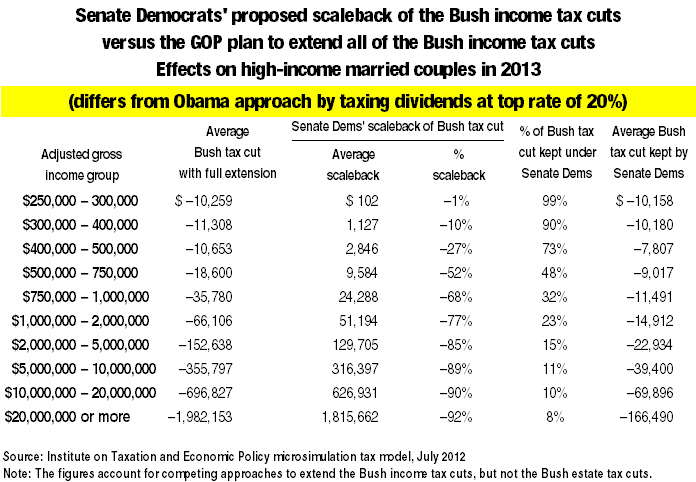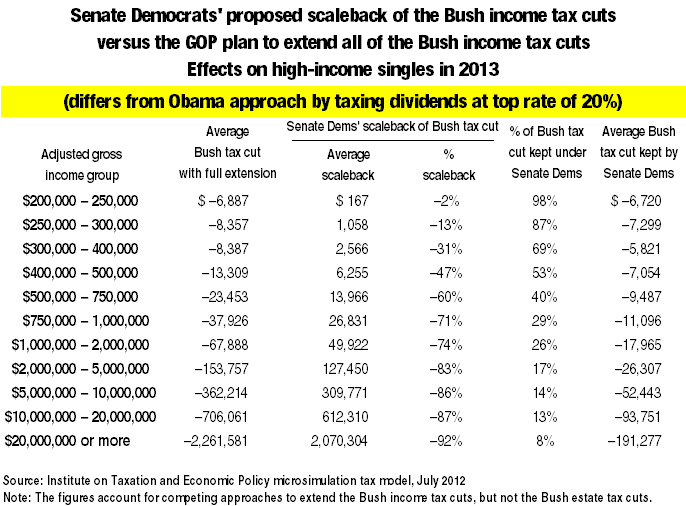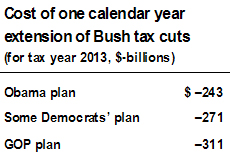Many residents of Washington, D.C. have found a good restaurant or shopping deal through an online facilitator like LivingSocial. These websites work by putting consumers in touch with local retailers looking to entice new customers with appealing discounts. But recent action from the D.C. Council could reverse the script, leaving the city’s citizens on the hook for a misguided and revenue-draining attempt at capturing high-tech businesses. After passing a sweet tax deal for one company, the Council is now considering slashing income taxes for just about anyone affiliated with a high-tech company at the expense of the working taxpayers of D.C.
The first tech-tax action taken by the D.C. Council was ensuring that LivingSocial, a high-tech company founded in D.C., remained within the city limits. While the leadership of LivingSocial have long trumpeted their D.C. roots—the chief executive, Tim O’Shaunghnessy, is the son-in-law of Washington Post Co. Chairman Donald E. Graham—they have also made no secret about the organization’s consideration (or threat) of leaving the city for a less “expensive” location. “We’ll make a commitment to the District if the District will make a commitment to us,” O’Shaunghnessy told the Washington Post.
This past week the city government solidified that commitment with LivingSocial in a deal that is far sweeter than anything LivingSocial offers its members. On July 10, the D.C. Council unanimously approved an agreement that keeps the fledgling company’s headquarters (and at least half of its new hires place of residence) within the District’s lines in exchange for a $32.5 million tax break. The deal provides LivingSocial with corporate and property tax abatements over a five-year period beginning in 2015.
What’s more troubling for the city and its residents, however, is a separate proposal to give away tax dollars to investors in online companies. The Technology Sector Enhancement Act of 2012 would allow so-called “angel investors” (qualified employees or stockholders in a qualifying tech company) to only pay a 3 percent tax rate when selling their stake in the company for a profit. Both new and preexisting investments would be covered by the new rate. Additionally, the bill exempts qualified companies from business franchise taxes for five years after the date the company first has taxable income.
Under D.C.’s current tax system, capital gains are taxed like any other income, with the maximum marginal tax rate at 8.95 percent. In fact, the special tax rate (3 percent) for tech investors would be even lower than the lowest income tax rate (4 percent) paid by working D.C. residents. As the D.C. Fiscal Policy Institute has explained, the city would be creating a “Warren Buffett problem” by taxing high-income tech investors at far lower rates than all working D.C. residents.
Moreover, as the Institute on Taxation and Economic Policy (ITEP) has previously noted (PDF), capital gains are among “the most unequally distributed sources of personal income.” By giving special treatment to such income, governments shift the responsibility for funding government services more heavily onto lower- and middle-income taxpayers.
In addition, the tax giveaway to high-income taxpayers could also be a huge drain on the city’s already stretched-thin budget. A financial impact statement from the city’s Chief Financial Officer notes that such tax cuts will reduce both corporate franchise and capital gains tax collections and that the negative impact “could be substantial.” Unfortunately, the cost of this legislation has not been projected in any detail. The financial impact study merely states that the revenue losses “cannot be reliably estimated at this time.” But the report does explicitly note that if a company were to have a successful IPO “the revenue losses could be significant.”
Such substantial revenue reductions have dire consequences for public investments. And as is often explained (though frequently forgotten), it is those public investments—an educated workforce, first-rate transportation infrastructure and quality health care—that are far more likely than tax incentives to attract high-value-added industries to cities and states.
The D.C. Council was set to vote on the tech tax cut the same day as the LivingSocial deal, but lobbying from anti-poverty groups in opposition to the legislation resulted in the vote being tabled until September. Let’s hope that in the meantime the Council puts some more thought into whether tax breaks for some of the District’s most fortunate residents should really be a top budgetary priority.
